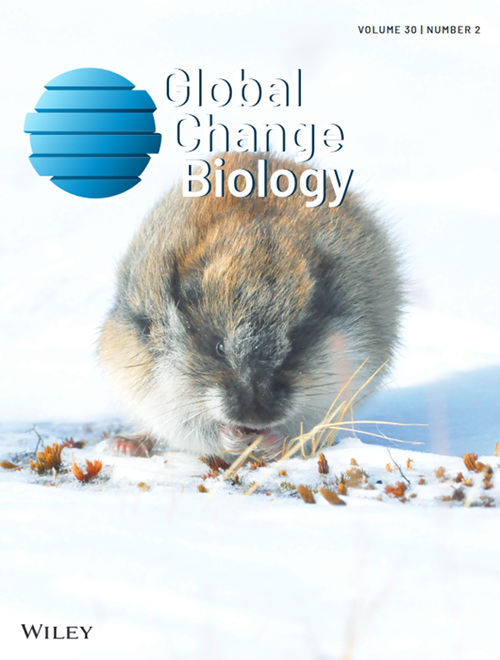Field Experiments and a Meta-Analysis Reveal a Minor Influence of Nitrogen Addition on Phosphorus Fractions in Forests
Abstract
Anthropogenic nitrogen (N) inputs can significantly impact nutrient cycling and ecosystem functioning in terrestrial ecosystems. However, the effects of N addition on phosphorus (P) cycling processes in forest ecosystems remain unclear. In this study, we combined data from a long-term (11-year) N addition experiment across seven different forests ranging from temperate to tropical biomes, with a global meta-analysis from 88 relevant publications, to investigate the responses of P cycling-related variables to N inputs in forest ecosystems. We found that N addition had little effect on most P cycling-related variables (e.g., leaf P, soil total P, soil available P, soil P fractions, and microbial biomass P) across the studied forest ecosystems. The meta-analysis highlighted that N-induced changes in P cycling were highly variable. Only a few variables, such as the leaf P concentration and the activity of soil acid phosphatase, presented significant responses to N addition and changed with climatic zone and the amount and duration of N inputs. Our study suggests that P cycling processes in forest ecosystems remain largely unaffected by N inputs. Our findings contribute to a better understanding and prediction of biogeochemical cycles in the context of N deposition related to anthropogenic activities and global climate change.


 求助内容:
求助内容: 应助结果提醒方式:
应助结果提醒方式:


